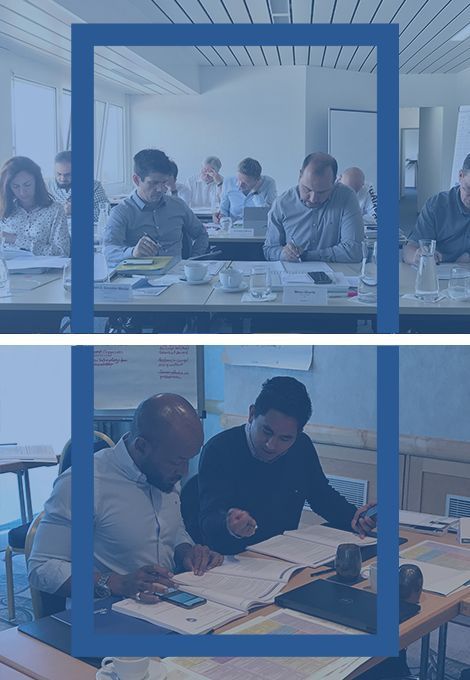Each of the certification categories serves a different purpose. The first category, “PMO Core Certifications,” shows that you have the competencies to design and build a service-orientated PMO with services that are needed by your project community. At the top-level (Expert) certification, you must show that you have the competencies to design and build one or more PMOs (called PMO topologies) within an integrated PMO Services topology. The second category of certifications is called the “Specialist” certifications because they directly relate to the ability to offer PMO services. If a PMO service is planned, then the PMO needs to have the capability to provide it. There are over 20 specialist courses at the time of writing. Project team members also need these courses. The third category of courses, called “Master Class” certifications, comprises three certifications that everyone needs, regardless of whether you are a PMO, project team member, or a PM/O director. These courses are the techniques and tools of a trade, so everyone, including project professionals, needs them.










